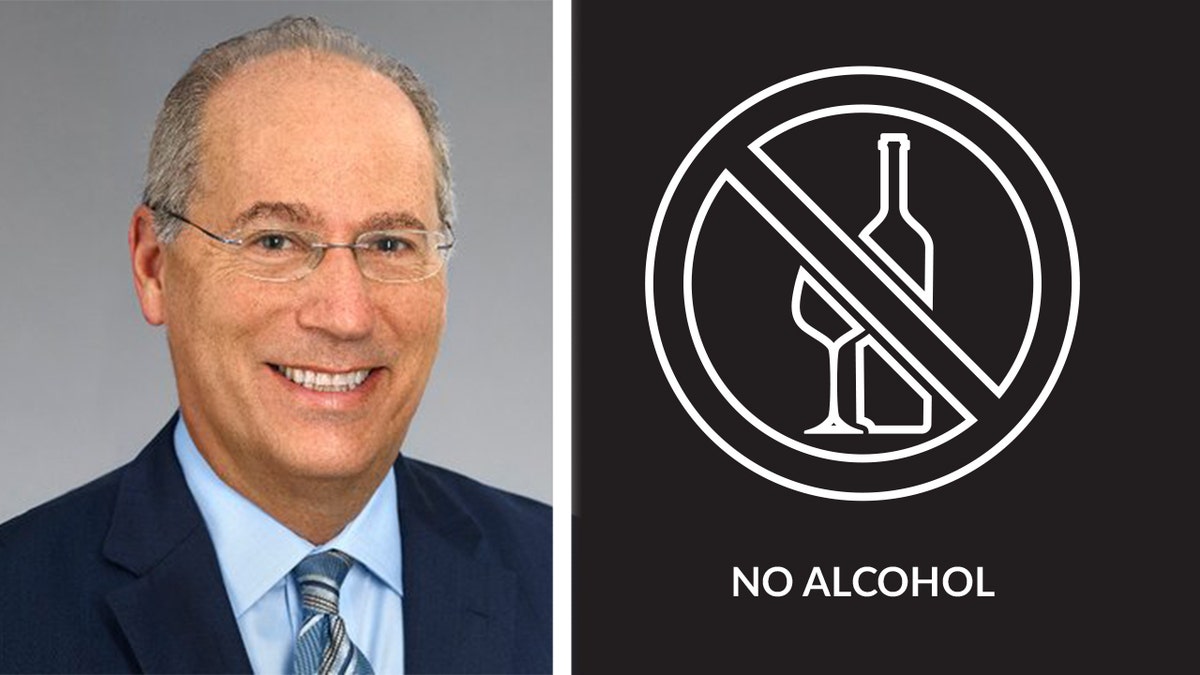Fox News Flash top headlines for October 2
Fox News Flash top headlines are here. Check out what's clicking on Foxnews.com.
An effort by police in Miami Beach, Florida, to turn down the volume of South Beach's raucous party scene is being labeled as racist by some critics.
City officials have been attempting to reduce noise levels and crime along the 10-block stretch of Ocean Drive known for art deco hotels, restaurants and bars, arguing that increased revenue from the partygoers is not worth the headaches for local residents.
"We cannot accept this as our normal," Miami Beach Mayor Dan Gelber said. "What we have called an entertainment district has become an incredible magnet for crime and disorder, and whatever it provides in revenue is just not worth the heartache."
"What we have called an entertainment district has become an incredible magnet for crime and disorder, and whatever it provides in revenue is just not worth the heartache."

Dan Gelber, mayor of Miami Beach, Florida, wants to halt alcohol sales at 2 a.m. as part of an effort to combat crime and noise in the city of 90,000 residents.
Miami Beach, a city of 90,000 residents, is not to be confused with the much larger nearby city of Miami, which has about 450,000 residents. (Miami's mayor is Francis Suarez.)
BIDEN LACKS MANDATE TO GET BERNIE SANDERS'S DOMESTIC AGENDA THROUGH CONGRESS
Some critics have deemed Miami Beach's exercise as racist. These critics include former NAACP Miami-Dade County chapter head Ruban Roberts, who accused the police cracking down as "callous" and "overzealous." Roberts added that Black tourists in the area were being treated "as second-class citizens."
Some Black activists have accused the city of using overly harsh police tactics to disperse crowds and, on a larger scale, trying to attract only certain types of visitors, while discouraging others.
More than 1,000 people were arrested during this year's spring break, when Miami Beach imposed a rare 8 p.m. curfew. Authorities sent military-style vehicles to disperse predominantly Black crowds with rubber bullets, prompting criticism from Black activists and spawning a parody on "Saturday Night Live."
PROFESSOR SUES UCLA AFTER REFUSING TO GRADE BLACK STUDENTS MORE LENIENTLY THAN PEERS
Last month, Miami Beach increased police and code enforcement officials covering the neighborhood to their largest number in history. Gelber called it a stopgap measure, saying the city cannot afford to increase the number of police permanently.
His long-term proposal would rebrand the blocks known as the entertainment district by hosting higher-end concerts and fairs, focusing on family-friendly events and marketing the city’s often-overlooked but impressive museums and symphony. He also wants to limit loud music and halt alcohol sales at 2 a.m.
The Ocean Drive closure, which remains in effect as the city maps out its future, has taken a financial toll on local businesses.
Tom Glassie, longtime owner of the Avalon Hotel, has been meeting with city officials and residents for the past two years, wrestling with "what do we want to be when we grow up."
SINEMA SLAMS DEM LEADERSHIP OVER ‘INEXCUSABLE’ FAILURE TO HOLD VOTE ON INFRASTRUCTURE BILL
"The nightlife took over. We were the best nightlife," he said. "There was nothing wrong with that, but it just got overbranded" and eclipsed arts and culture.
The mayor’s proposal also seeks to increase office and residential space and cut the number of bars and clubs.
Zoning regulations allow both residential and commercial spaces, but no buildings can be taller than five levels, which deters investors who would rather build luxury high-rises. In addition, the art deco facades that provide glamorous backdrops have historic building protections, making the cost of renovations prohibitive for some developers.
"We’re tired of being made into the bad guy, to continue to blame a 30-year-old business that is one of the largest taxpayers in the city and one of the largest employers," said Joshua Wallack, chief operating officer of Mango’s Tropical Cafe.
"People come off these cruise ships dreaming of dancing salsa at Mango's."
Alexander Tachmes, attorney for the Clevelander bar, accused the mayor of "really turning up the heat on the Ocean Drive anti-business rhetoric" last summer and essentially trying to siphon established businesses while the city attempts to rebrand and court more cultural businesses.
MIAMI NURSE FIRED FOR MOCKING NEWBORN BABY WITH BIRTH DEFECTS IN PHOTOS ON SOCIAL MEDIA
The Clevelander sued the city over the 2 a.m. alcohol ban in May and won a temporary injunction until a trial starts this fall. The owners also sought in court to have Ocean Drive reopened, arguing that pandemic restrictions were no longer necessary, but they were unsuccessful.
Officials from the bar said the chaos in the street has made it difficult to maintain a nightlife business. The Clevelander checks IDs and pays for security, yet it has been a victim of vandalism and fights that spill over from nearby crowds. The bar voluntarily shut down early in March as the city struggled to gain control during spring break.
The majority of "problem tourists" are not college students, but come from out of state looking for trouble, city officials have said.
In an attempt to discourage large crowds, the city canceled all programs amid the pandemic, leaving a void where tens of thousands of people gathered with nothing to do. An initial lack of police created an anything-goes atmosphere, and businesses complained that crowds were using marijuana, drinking and treating the area like a house party.
CLICK HERE TO GET THE BOX NEWS APP
Ken Koppel, chairman of SoBe Safe, a group of 400 concerned residents, said some tourists are merely "gun-toting drug sellers who disrespect cops and misdemeanor statutes" and gather in crowds that are too large for police to control.
And even with the increased police presence, which Koppel said many residents support, "who wants to live in or pay for an armed camp forever?"
The Associated Press contributed to this report.











































